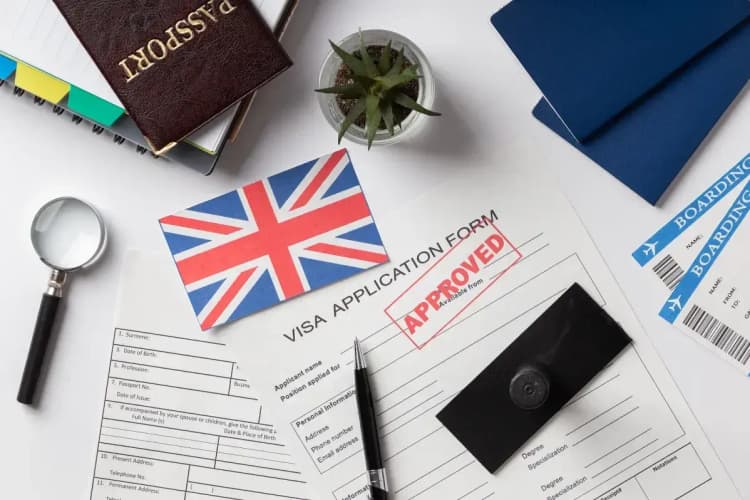
Study In New Zealand

Study In New Zealand
Why study in New Zealand
Universities and Courses
Admission and Visa Process
Apply for New Zealand
New Zealand is an excellent choice for international students, offering high-quality education, a safe and welcoming environment, and stunning natural landscapes. Known for its innovative teaching approaches and strong global rankings, New Zealand is ideal for students seeking world-class education and adventure.
Studying in New Zealand offers a wide range of benefits and opportunities that make it an attractive destination for international students. Here are some reasons to consider studying in the New Zealand:
Why Study in New Zealand?
Renowned Universities:
All eight universities in New Zealand rank among the top 3% globally, including the University of Auckland and University of Otago.
Innovative and Practical Learning:
Programs emphasize hands-on learning and problem-solving, preparing students for global careers.
English-Taught Programs:
All programs are taught in English, making it accessible for international students.
High Quality of Life:
New Zealand offers a safe, multicultural environment with breathtaking scenery and a relaxed lifestyle.
Post-Study Work Opportunities:
International students can work in New Zealand for up to three years after graduation, with pathways to permanent residency.
Universities and Popular Courses
The New Zealand is home to a wide range of universities and colleges, each offering a diverse selection of academic programs and courses. Choosing a best universities for the better career is very essential and is one of the difficulty to choose one among the best.
Here's a list of some universities and some popular courses for study in New Zealand:
List of Some Popular Universities:
- University of Auckland
- University of Otago
- Victoria University of Wellington
- University of Canterbury
- Auckland University of Technology (AUT)
- Massey University
- University of Waikato
- Lincoln University
List of some popular courses:
- Engineering (Civil, Mechanical, Electrical, Software, etc.)
- Computer Science & Information Technology
- Business & Management (Finance, Marketing, International Business)
- Health Sciences & Medicine
- Law
- Education & Teaching
- Tourism & Hospitality Management
- Creative Arts & Design (Architecture, Visual Arts, Media Studies)
Admission and Visa Process
Before applying for student visa in New Zealand you must consider the following points for admission process.
Choose a Program:
- Explore options on university websites or platforms like Study in New Zealand.
Check Eligibility:
- Bachelor's: High school diploma equivalent + proof of English proficiency (e.g., IELTS, TOEFL).
- Master's: A relevant bachelor's degree + required English proficiency scores.
Prepare Documents:
- Academic transcripts and diplomas.
- Proof of English proficiency.
- Statement of Purpose (SOP) or motivation letter.
- Letters of Recommendation.
- CV/Resume (for some programs).
Submit Your Application:
- Apply directly to universities through their online portals.
- Pay the application fee (varies by institution).
Scholarships:
- Apply for scholarships like the New Zealand Scholarships for International Students or university-specific ones.
Visa Application Process:
Before applying for student visa in New Zealand you must consider the following points for admission process.
Apply for a Student Visa:
- Non-residents need a student visa for programs longer than three months. Apply through Immigration New Zealand.
Required Documents:
- University acceptance letter.
- Proof of tuition fee payment.
- Financial proof (~NZD 20,000/year for living expenses).
- Valid passport.
- Health insurance.
- Medical certificate (if required).
- Visa application form and fee (~NZD 530).
Proof of Financial Support:
- Show bank statements or scholarship confirmation to prove financial capability.
Attend Visa Appointment:
- Provide biometrics and supporting documents.
Processing Time:
- Typically 4–6 weeks; apply early.
Post-Arrival Registration:
- Some students may need to register with local authorities upon arrival.



